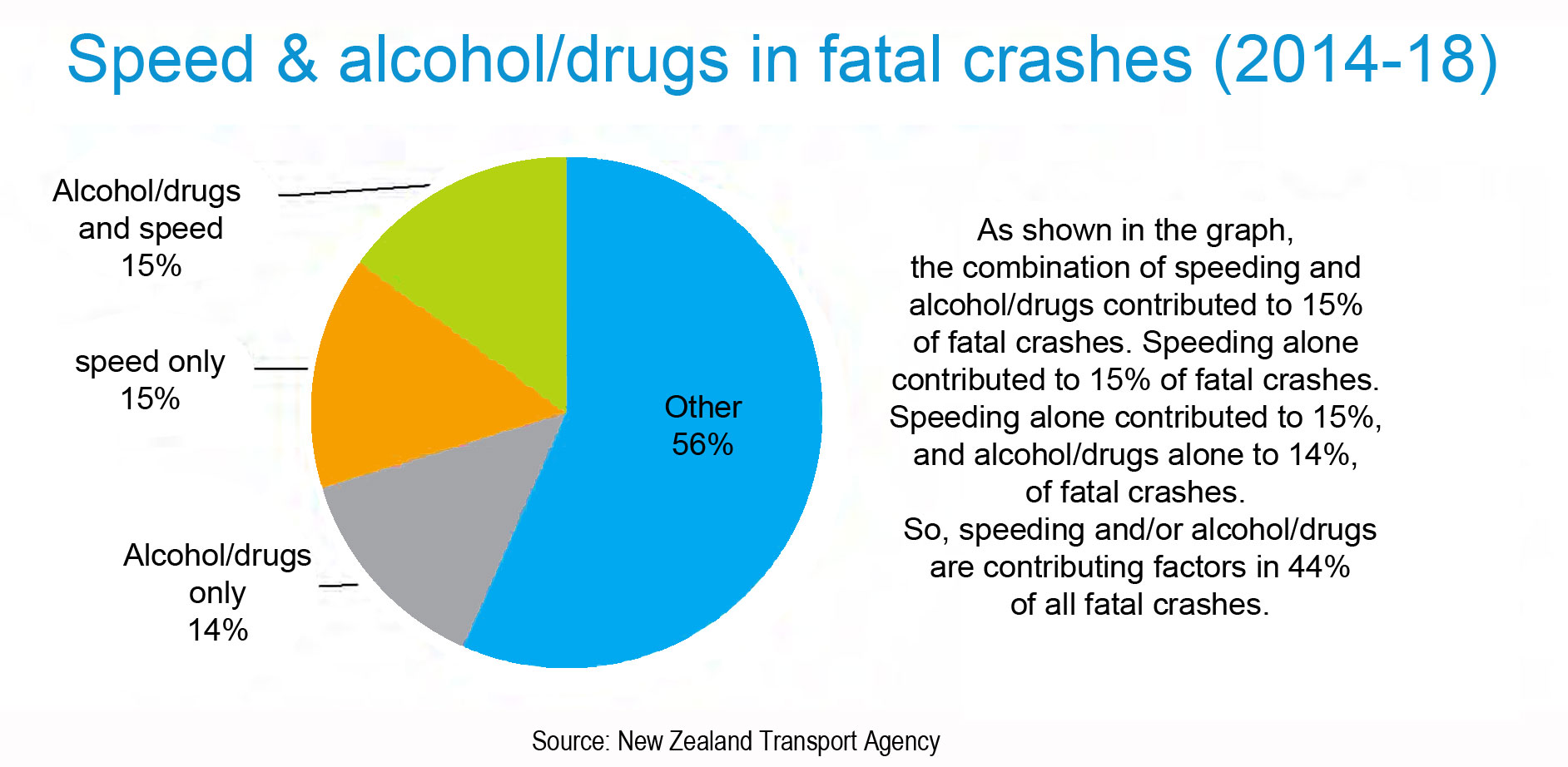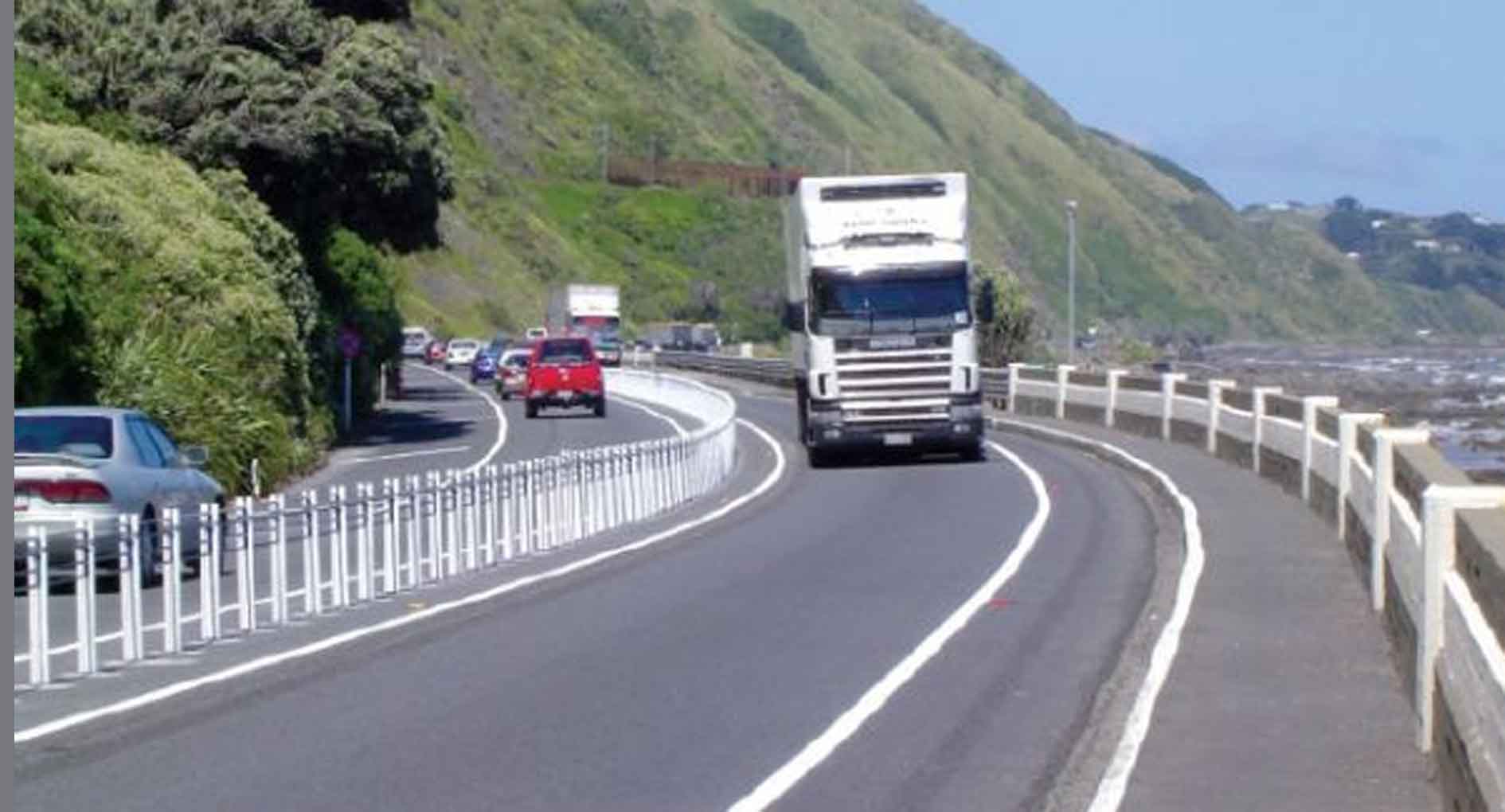The government is likely to face a significant voter backlash if speed limits are reduced unreasonably, says the car review website dogandlemon.com.
Editor Clive Matthew-Wilson, who is an outspoken road safety campaigner, says:
“It’s currently fashionable in government circles to blame speed for causing increased road deaths. The facts don’t support this view.”
“The government’s own statistics show that speed alone is a factor in just 15% of fatal crashes.”

“About 85% of the road toll occurs below, not above, the speed limit. Of this 15% of accidents that occur above the speed limit, almost all are caused by either yobbos, impaired drivers or crazy motorcyclists.”
“Some road safety researchers deliberately misrepresent reality by defining speeding as: ‘driving too fast for the conditions’. So, any accident where someone loses control is defined almost automatically as a speeding accident, even though the driver may have been driving cautiously and well below the speed limit.”
Matthew-Wilson points out that much of the road toll is driven by substance abuse. He gives the example of Jeremy Thompson, 28, who caused a head-on crash near Waverly that killed seven people in 2018. Thompson had been smoking synthetic cannabis before the crash.
Matthew-Wilson asks:
“Would a lowered speed limit have prevented this crash? The answer is no, because blotto drivers don’t read speed signs. However, a simple median barrier on that road would have saved seven lives.”

“It’s significant that the government sees no problem with lowering speeds as a way of lowering the road toll, but can’t find the courage to tackle the alcohol industry, which is a far more serious threat to both health and safety[1].”
“There’s a simple explanation for this: many Greens see cars as the enemy, but believe drugs and alcohol are a matter of personal choice.”
Matthew-Wilson says it’s wrong to blame cars for New Zealand’s dirty air.
“While I share the government’s concern about climate change, targeting cars won’t significantly reduce our vehicle emissions.”
“In fact, the vast majority of New Zealand’s road transport emissions come from heavy diesel vehicles, especially trucks. However, the government is also too cowardly to take on the trucking industry. Trucks are effectively subsidised to the tune of billions a year and the government does nothing about it.”
“In addition, accidents involving trucks make up nearly a quarter of the road toll.”
“Another reason for the high recent road toll is motorbike accidents. It is clear that the government’s multi-million dollar motorbike training schemes have been a total failure, yet the government can’t seem to admit fault.”
Matthew-Wilson – who supports lower speed limits in selected, high-risk areas – says most motorists accept that narrow, winding and busy roads may need a lower speed limit.
“However, many voters now believe that the proposed widespread speed reductions are simply part of the Greens’ war against the private motorist.”
Matthew-Wilson, who has campaigned strongly on behalf of cyclists and pedestrians, is a strong supporter of public transport in place of private cars.
However, he says, the New Zealand transport system is based around personal vehicles, and this isn’t going to change anytime soon.
“In London, most people prefer to use public transport because it’s cheaper and more convenient than driving. In Auckland, the opposite is often true. Auckland has bits of a public transport system, that work if you’re in the right place at the right time and nothing goes wrong. The rest of the time it’s a shambles.”
“The government’s role should be to seduce people out of their cars, not punish them for using a system that is currently far more convenient and reliable than New Zealand’s slow, unreliable, expensive and sometimes non-existent public transport system.”
“The government’s proposed widespread lowering of the speed limits will alienate ordinary motorists without affecting the behaviour of the tiny minority who cause most fatal crashes.”
Matthew-Wilson adds a warning:
“The government needs to remember that motorists are also voters. These motorists may not be able to stop the government’s proposed widespread speed reductions, but they can certainly stop the government at the next election.”
